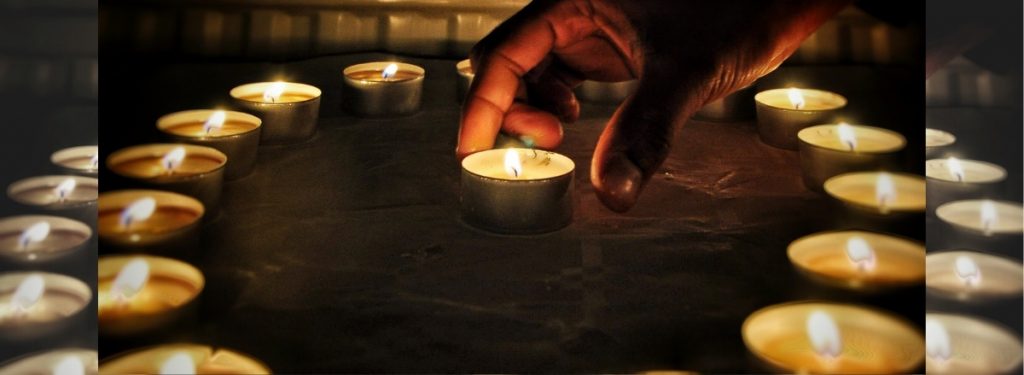“What are you as a teacher doing to build my daughter’s confidence and resilience? How are you modelling a set of behaviours which will set her up for success in later life and allow her to do something meaningful with the curriculum content you are teaching? “

As a teacher it’s always interesting to be a parent – interesting and sometimes a little challenging.
This week my wife and I had Parent-Teacher Conferences for our daughter. The conferences are structured so as to be “3 way” with the emphasis on engaging the student to explain their learning and planning for next steps.
We had 7 interviews and what I found increasingly fascinating was watching the way my daughter responded to each of her teachers. Her body language changed noticeably from one subject to the next. With some teachers she was confident and forthcoming, with others she was visibly smaller. There was no correlation between her demeanour and her success in the subject. With her Maths teacher, for example, she was engaged and responsive despite finding this subject very challenging and not getting great results. It was clear both from my daughter’s body language and from what the teacher had to say that they both have a plan for progress and they both have faith that greater success will come.
As I listened to other teachers giving information about test scores and curriculum objectives, the questions I found I really wanted to ask was this:
What are you as a teacher doing to build my daughter’s confidence and resilience? How are you modelling a set of behaviours which will set her up for success in later life and allow her to do something meaningful with the curriculum content you are teaching?
As teachers, we put so much time and energy into thinking about what to teach and so little time into thinking about how. I don’t mean “how” in terms of curriculum delivery, I mean “how” in terms of how we provide models of the kinds of people we want our students to become; I mean “how” in terms of the personal skills and qualities that we know will be necessary for students to build and sustain the relationships with knowledge that will be so important to the future they need to build.
This question seems to have particular resonance at the moment because we are articulating our Personal and Social Education (PSE) curriculum at UWCSEA. This seems to be a particularly intriguing challenge considering the fact that the kind of skills we strive to impact through PSE cannot be assessed in isolation and anything that cannot be assessed has hard time surviving in a school. In this area of the curriculum it seems important to go beyond writing lesson plans. To extrapolate from the questions I wanted to ask my daughter’s teachers, the questions I wonder about with a PSE curriculum are these:
What are you as a school doing to build the teacher’s capacity and intentionality in the way they interact with students? How, through your curriculum, are you providing the planning spaces for staff to reflect on these interactions and plan for them intentionally? Do you see the PSE curriculum as only content or also as process?

I don’t pretend that these are easy questions, nor that they are necessarily being asked in the most coherent way, nor that I have the answers. These questions seem to me to be a logical extension of an understanding that, to some extent, values are “caught, not taught” and that, if we truly believe that students can grow in these areas, we ought to believe it for staff as well. The training we have been given at UWCSEA in “Looking for Learning” and “Cognitive Coaching” suggests to me a very deep understanding of the importance of this kind of thinking but it is an understanding that sits alongside the articulated curriculum – not necessarily within it.
So I wonder what a more intentional approach to modelling some of these behaviours might look like? In regard to my own practice as a teacher, I think about the importance of being at the door to greet my students rather than sitting at my computer. I think about the learning that can come from stopping to help a Grade 6 student who is struggling to open his locker. I think about the time taken to prepare students to sit and talk to patients at the rehab hospital and modelling these conversations to them as I introduce them to a patient for the first time.
Too often I am too busy or too tired to do these things but I need to ask myself what has made me too busy or too tired and whether that part of the curriculum matters as much.
PS: This piece was written about three years back. But I am constantly thinking about these questions even today. COVID and lockdown required a particular focus and, interestingly, opened more space to do better because some of the emphasis was removed from the focus to get academic results – Ian.
Note: This article was originally published in 2018 in Ian’s personal blog ‘alternative carparks‘. Please visit his blog for more articles, poems, musings and great insights into many things in life.
Ian Tymms, BA (Hons), Dip Ed, M.Ed teaches Middle School English and High School Theory of Knowledge at The United World College of South East Asia in Singapore. He has been involved in the UWCSEA Curriculum Articulation Project and in the adoption of the “Workshop” approach to teaching literacy in the Middle School at East.
Ian grew up in Australia and studied English literature and Psychology at Melbourne University, with postgraduate studies at The University of Tasmania and Deakin University. Ian’s Masters research focussed on school cultures.
At the end of Grade 12, Ian was offered a scholarship to complete a 32 day Outward Bound course and he went on to work for Outward Bound Australia as an instructor. From this experience, Ian has retained a lifelong interest in Outdoor Education and Hahnian ideals. Ian has a passion for the outdoors and spends many of his holidays hiking in Austria or sailing in Australia with his wife, Sharon, and their two children.

